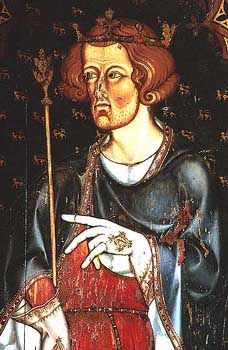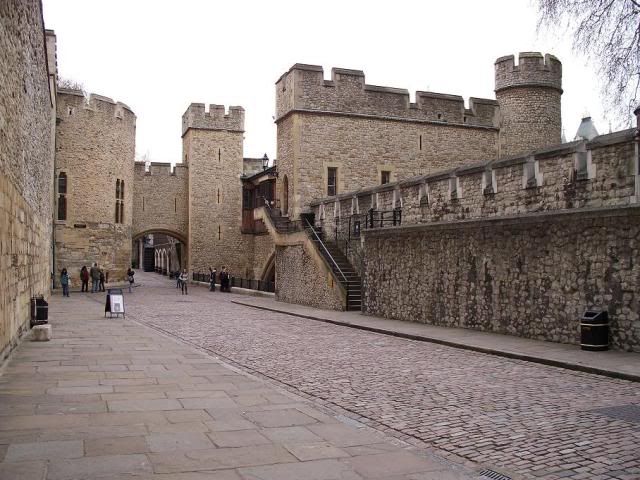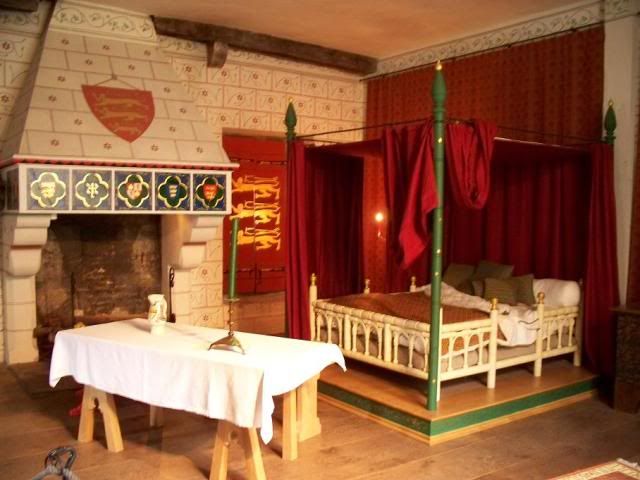16 December is the anniversary of the Boston Tea Party in 1773, so in celebration I'm drinking a cup of Assam.
Of course, this is meant ironically. The incident was the culmination of British repression in the American colonies. Let's see if I've got this right.
The British imported their tea from China, with the East India Company having the monopoly on this. When the Colonists developed a taste for tea, Parliament in London passed an act that ensured the Colonies could only import their tea from Britain. However, the Company was prohibited to export, instead selling by auction in Britain to merchants who then sold it on. All the added taxes in this process resulted in a fairly prohibitive price once it reached America.
But the Dutch didn't have half so complicated a process, leading to a huge upsurge in smuggled Dutch tea making it into the British Colonies. Parliament, in quite a convoluted move, considerably lowered the tax imposed on the Company, instead taxing tea directly in the Colonies. This proved contentious - indeed, it was called unlawful in the Colonies, as the British Constitution clearly states that Britons can only be taxed by their elected representatives, but the Colonies did not elect any members to Parliament. By the early 1770s things had quietened down, though it wasn't to last...
Parliament began taxing the Company again in 1772, whose attempts to offset the tax by price rises merely reduced sales. The following year, the Tea Act allowed the Company to sell directly to the Colonies, but this move effectively extended the Company's monopoly to encompass the Colonies as well as Britain.
Whig Colonists began to chafe under the heavy-handed actions of the British Parliament, specifically over the representation issue, and the extension of the monopoly. The protest came to a head on the evening of 16 December 1773, when about a hundred men, some dressed in Mohawk costumes, boarded three newly-arrived vessels and dumped the entire contents of the tea chests into the harbour in Boston.
The protest initially united both political parties in Britain against the Colonists, but conciliatory measures were soon offered, but the Boston Tea Party was one of the great milestones on the road to the Revolutionary War of 1775-83.
---
American Colonial history is something that really draws me in, I suppose largely because I know so little about it. Whenever we talk of the British Empire in history, it always seems to focus on India and the African colonies, while America is somewhat swept aside. Off-and-on (more off than on, admittedly), I've been meaning to remedy this, and I'm sure my academic adventures will be shared with you all here!



















































